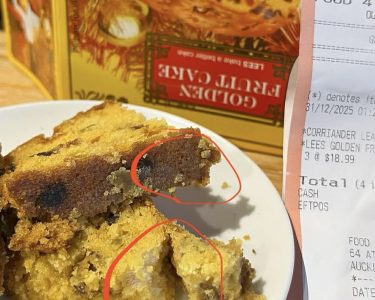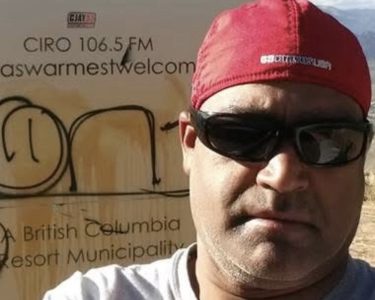THE mountain ridge that marks the boundary between Nasau and Mulo Mulo has always fascinated me.
Known locally as Pahad, this hilltop was once a gathering ground where villagers harvested wild haldi (turmeric) and the hardy root crop chikau.
Today, it tells a very different story.
At its peak now stands an artesian well that feeds a bottled water plant. Yet the borehole is less a gift of nature than an extraction from it—tapping deep underground into the same veins that flow into the creek, winding through farmland before merging with the mighty Nadi River.
On my recent trip to Fiji, while mingling with old friends—including Dhiren Prasad—I learned about the Aqua Safe Water Company, which now draws from this resource for both local use and export.
Water, once nature’s free gift, has become a commodity.
But as our conversation flowed, a question lingered:
What became of the natural vegetation—the vast greenhouse of life that once defined Pahad?
Many of the old-timers still recall it vividly.
“The hilltop where the water company has its plant was a bushy, lush field for wild root crops,” Dhiren recalled. “Most people from Nasau and Mulo Mulo would find it hard to believe now—but better believe it.”
Back then, Dhiren, Jagat Singh, and Ali often climbed Pahad at our mothers’ request to gather those roots for food.
That practice has vanished for today’s villagers.
Clear-cutting for profit has scarred the land, stripping away its natural cover.
Down the road from the plant now lives a modest community, new to the area—or at least to my memory.
They are not astonished to hear about the once-abundant vegetation that had been a vital food source.
Suken Raj, a new resident, admitted that many settlers in Nasau and Mulo Mulo have little knowledge of the pioneers or the land’s history.
“You run by us history, know it all,” he said with a straight face. “Who would have known about wild haldi growing on the hill and around the slopes, or about chikau?”
Then, in Hindi, he sighed:
“Chikau kon khai aaj? Chikau market meh muskil se dikhe ke mile, khai wala baat chordo.
Dogo ek rakam ladki lage ham suna.”
(Who eats chikau today? You can hardly even find it in the market, let alone eat it. We only heard the old folks say it once gave strength like no other.)
Once, chikau was a humble delicacy of the poor—food for those who lived on the bare necessities. And haldi?
It too has grown rare. Where it once thrived, the hills now lie bare.
Today, the ridge also hosts a Water Authority reservoir and a Digicel tower.
Nasau has grown in both population and popularity with the rise of Nasau Resort & Villas, while Mulo Mulo has seen migration—many moving overseas in search of greener pastures, others relocating around the country.
Yet whenever they return, the people of these villages still greet them with warmth, love, and deep respect.




